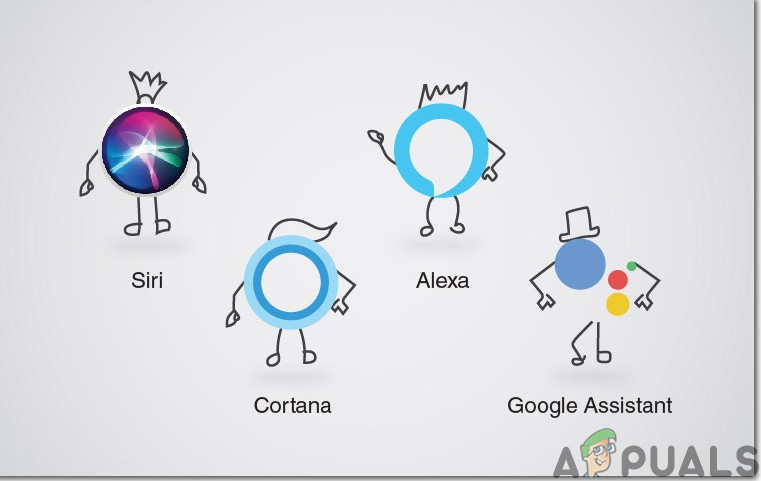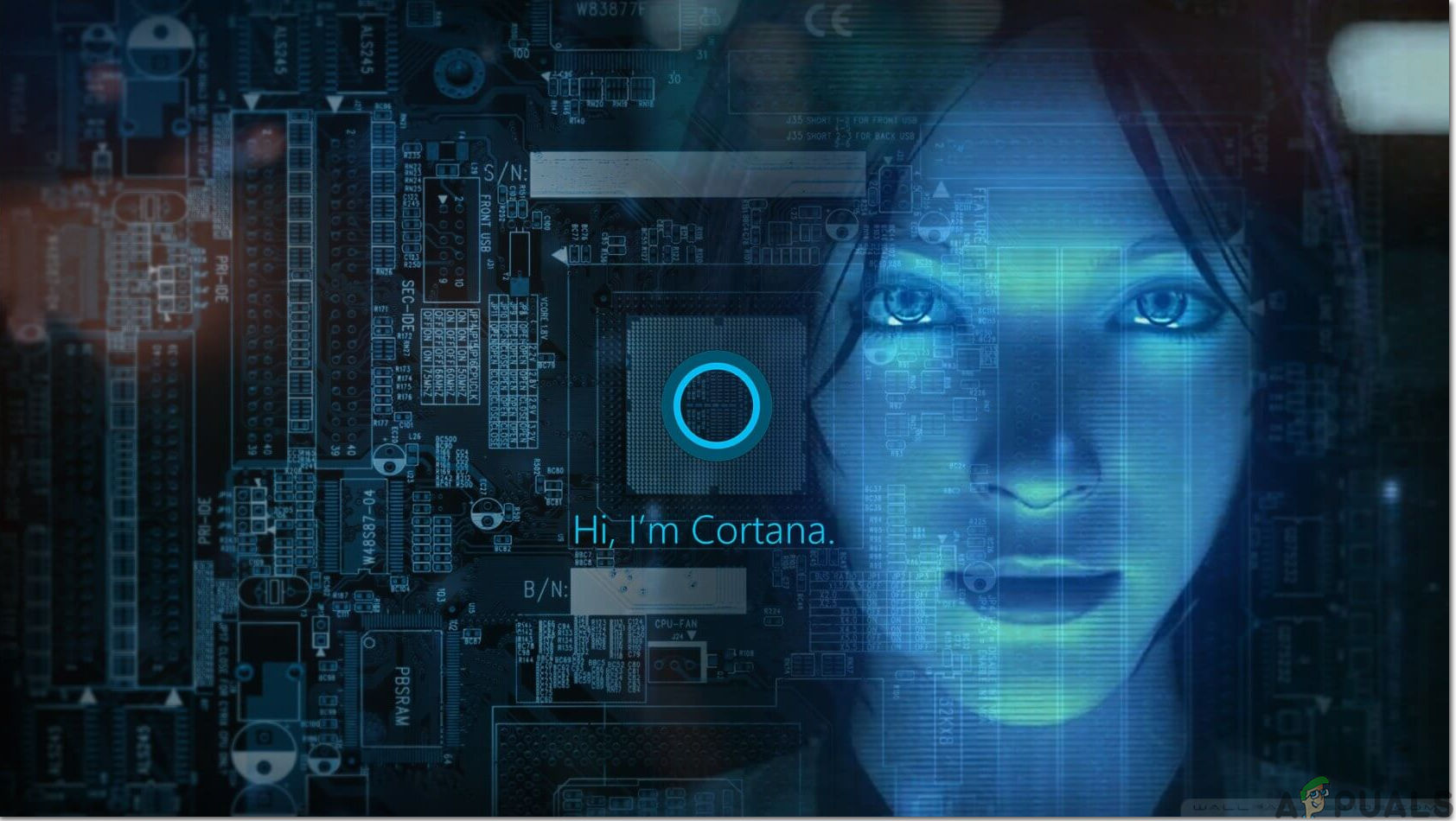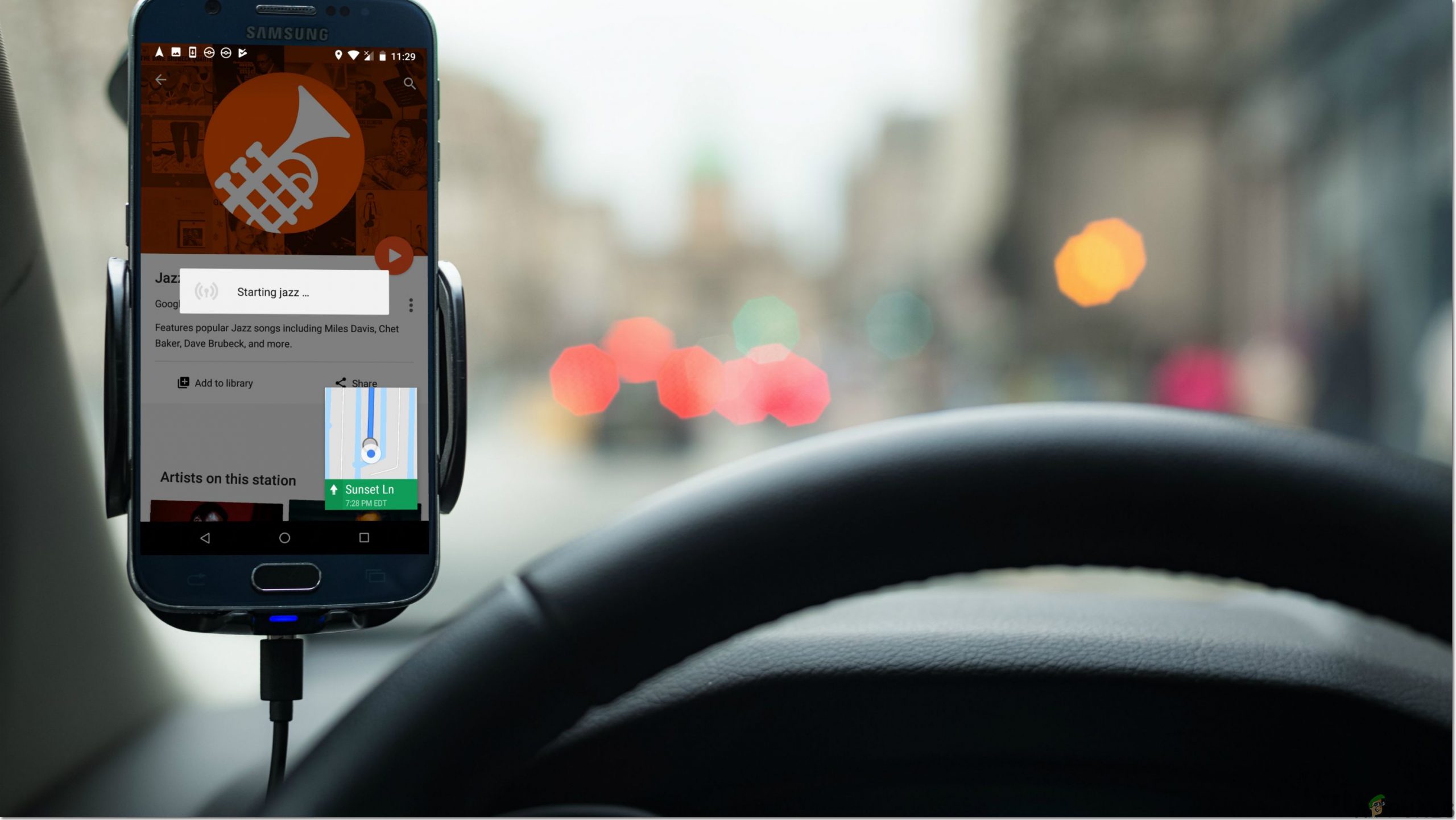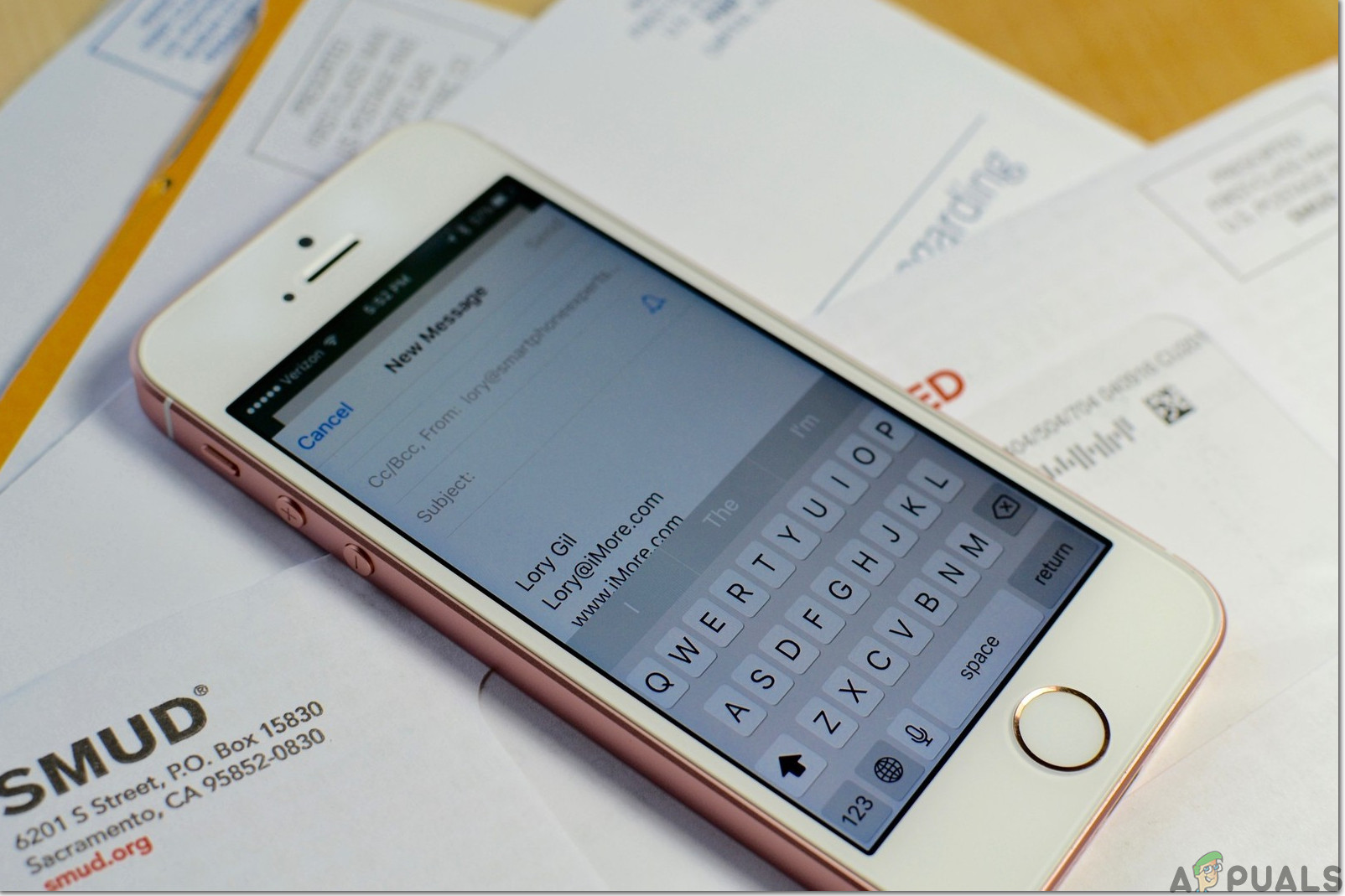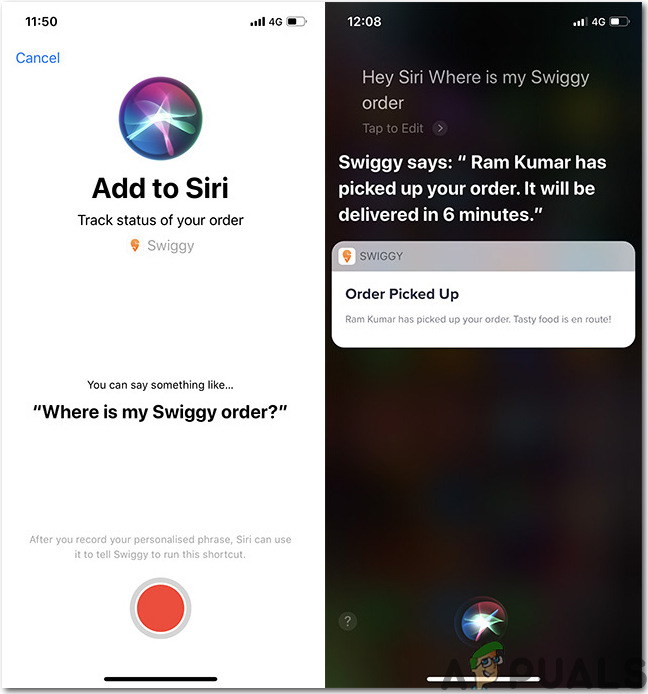Some of the basic functionalities of these three Assistants will be discussed today, and we’ll also discover that out of these four intelligent operators which one can be trusted. The most ideal approach to quantify these AI assistants against one another right now is to consider them exclusively. They are listed from most reliable to least reliable.
Google Assistant:
Google Assistant is no doubt the sharpest and generally unique among all of the Virtual Assistants out there. Google has spread its Assistant all around the globe, not only on its own but through associations with different organizations that installed Google Assistant in a large number of electronic devices, from refrigerators and earphones to speakers and vehicles. It was launched in 2016 as an expansion of Google Now and it possesses the ability to recognize different voices and supports features like Interpreter mode. The plus point of Google Assistant is that unlike other Virtual Assistants it is available on Android as well as iOS devices. After downloading Google Assistant Application we are able to add a personal assistant to even an iOS device. Google Assistant acts like Alexa or Siri, as a partner that can energize data and perform tasks like giving instructions or turning on Spotify. Google Assistant offers voice orders and voice-activated gadget control, letting you complete various assignments after you’ve said the “OK Google” or “Hey Google” wake words. It can do assignments like controlling your gadgets and your smart home, search data from your schedules and other individual data, discover data on the web, from cafe appointments to climate and news, controlling your music and so on. In the near future, Google Assistant would be able to control electronic home gadgets, control music, get to data from your schedules, apprise the latest alerts and updates. Google has manufactured its own smart home speakers, for example, Google Home Max and these are built to use with the Google Assistant specifically. The third-party AI-enabled google speakers are readily available in the market that are manufactured by most renowned companies like JBL, Panasonic, etc.
Siri:
Siri is Apple’s personal assistant and has been around us for quite a long while now. It first showed up on the iPhone 4S however Siri is now accessible on iPad, iPod or any Apple device whether it be a Smartphone or Macbook, etc. Apple initially deployed Siri as an independent application on the App Store in 2010 and since then Siri has propelled the most in recent 4-5 years, and at this stage, it can manage a wide range of activities on your iOS devices, on the MAC and the most recent Apple TV as well. Similarly, as with Google Assistant and Alexa, Siri will also play out a large number of tasks for you and it will pull in data from different Apple services to give you a customized understanding because it allows the use of natural language. Siri can be activated by just saying “Hey Siri” to your apple gadget and it also has the capability of controlling the Smart devices that are installed at home, texting someone, setting alarms and alerts, discovering data on the web, making suggestions and even more. The primary difference when we compare Siri with Google Assistant and Alexa is that Siri is just accessible on Apple gadgets. It requires an iOS device hence it can be found on iPhones, iPads, Apple Watches, Macbooks, etc. Apple was the starting head to set a voice-controlled assistant on a mobile phone and Siri has developed from being a major interface to your iPhone’s abilities to something sharp and more brilliant.
Alexa:
Cortana:
Artificial intelligence in Microsoft is driving a huge move in how individuals associate with Microsoft applications. You can see this move in the customized experiences that are empowered through Cortana. It helps you keep steady over your day, spare time and accomplish your best work. Cortana isn’t able to understand humans and react in a way that it is supposed to in a better way but it can manage basics like getting climate, controlling schedules, getting dictated by someone on an email. It is compatible with Apple devices and Google Android. Microsoft has set Cortana into its Edge internet browser, which suggests it’s there to help finish online tasks assigned, for example, scanning for a discount offer while shopping or reserving seats for someone. Before jumping to the conclusion let’s discuss some of the key factors that will help us to analyze whether which one is the most reliable Virtual Assistant. Conclusion: Which Virtual Assistant is better and fulfills our needs? I will try to answer this most common question that comes in everybody’s mind whenever we are thinking to opt for any Virtual Assistant. I think Google Assistant tops the list because it can handle multiple questions and answer them in a sophisticated way because of the Google Search engine at the backend but the welcoming words “Hey Google” etc aren’t user friendly when we compare them with Alexa and Siri. Google has additionally declared that the Assistant will have the option to distinguish items and gather visual data through the gadget’s camera and it will also have the feature of transferring money online all over the world in near future. In light of your daily routine, Siri can foresee what is needed to assist you to breeze through your day and it also permits you to speak naturally due to the addition of neural text-to-speech technology feature. Siri can likewise propose your preferred playlist when you show up at the gym or when you sit in your car for going on a drive etc. The only drawback of Siri uptil now is that it is only available on iOS devices and it results in less compatibility with the latest applications and services as compared to Google Assistant.
